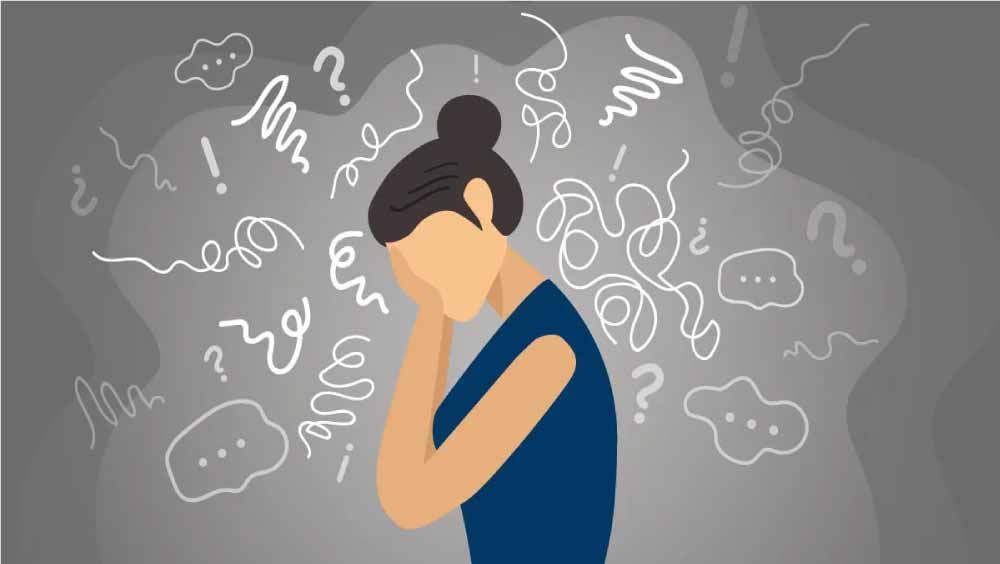Diarrhea is an unpleasant condition. If you have diarrhea, you should see a doctor or nurse. The main treatment for diarrhea is to drink more fluids. It is recommended to drink water and liquids containing sugar and salt. Sports drinks and flavored sodas may be acceptable if you are not dehydrated. Crackers can also be a useful treatment for diarrhea. Remember to drink as much as possible during your diarrhea to avoid dehydration.
Contaminated food may be the cause of diarrhea
Diarrhea caused by food poisoning is a serious gastrointestinal infection caused by preformed toxins in food. This infection causes abdominal cramps, nausea, and diarrhea. Symptoms may also include fever and abdominal pain. Symptoms usually appear two to six hours after eating contaminated food or water. Some cases may last longer or less time. In some cases, antibiotics may be necessary.
There are a variety of foods that can cause food poisoning. Some of these include raw or undercooked meat, contaminated water, or undercooked or spoiled food. Chemical toxins are also a common cause of food poisoning. Eating contaminated food can also cause diarrhea. Proper food preparation and storage is key to avoiding food poisoning.
Diarrhea caused by food poisoning is a common, sometimes debilitating illness. Most cases of food poisoning are mild and resolve within 24 to 48 hours, but in some cases it can persist for weeks or months. Food poisoning diarrhea is often accompanied by abdominal cramps, vomiting, or fever. In all cases, it is essential to drink plenty of water and take oral rehydration solutions to keep the body hydrated.
Viruses can be the cause of diarrhea
If you or a loved one has diarrhea, you should see your doctor. Diarrhea is caused by many different things, including viruses or bacteria. Some people experience diarrhea only for a few days, while others may have it for weeks or months. Regardless of the cause, it is important to treat diarrhea immediately and get some rest. The first step in treating diarrhea is to replace any lost fluids. If diarrhea persists for a longer period of time, you should seek medical attention.
Viruses cause diarrhea by disrupting the processes of absorption and secretion in the intestine. They can also invade the villi epithelial cells of the lining of the intestine and cause villi shedding. Rotavirus is the most common cause of diarrhea in children and is responsible for more than 200,000 deaths each year. Norovirus is another virus that can cause diarrhea and is very contagious. Other common viruses that cause diarrhea are adenoviruses, sapoviruses, and astroviruses.
There are several types of viruses that cause diarrhea, including those that affect the stomach. Viruses that cause stomach inflammation can cause watery diarrhea or gas. In these cases, the symptoms are your body’s way of protecting itself against the virus and can last a day or two or even longer. In addition to diarrhea, you may experience fever and nausea.
Bacteria may be the cause of diarrhea
Diarrhea is a common condition caused by germs that live in water and food. The transmission of diarrhea depends on several factors, including air and water temperature. This disease mainly affects children and older adults and is one of the main public health concerns in developing countries.
There are two main types of enteric pathogens. Some are found only in certain types of food, while others can infect asymptomatic people. When one enteric pathogen infects the body, another may follow, resulting in a higher rate of infection. In addition, the two types of bacteria are often found together in the same contaminated food, increasing the risk of mixed infections.
The bacteria cause diarrhea by disrupting normal gut flora. Certain bacteria, including Salmonella, are able to change this flora, increasing the risk of chronic diarrhea. Fortunately, we can learn more about bacteria and their impact on the body. The National Institute of Diabetes and Digestive and Kidney Diseases (NIDDK) publishes the results of research that aims to increase our understanding of health. Content produced by scientists at NIDDK undergoes peer review to ensure it contains unbiased information.
The study found that 46.7 percent of acute gastroenteritis cases had an enteric pathogen. This compared to only 13.5 percent of healthy controls. In addition, a higher proportion of patients with diarrhea had RVA infection compared to controls. In addition, a higher proportion of diarrhea cases than controls also had B. hominis infection. Single NoV GII infections did not contribute significantly to the development of diarrhea.
Parasites
Is a common condition that is caused by several different parasites. Some people may have only mild symptoms, while others may experience more severe illness. Fortunately, diarrhea can be cured with proper treatment. Treating diarrhea involves avoiding contaminated food or water.
To reduce the risk of developing diarrhea, people can eat cooked vegetables and fruits, rather than raw. It is also important to avoid raw aquatic vegetables and meat. Cooking at 60 degrees C can kill parasites. Other steps to reduce the risk of parasitic diseases are regular meat inspections and promoting hygiene. In addition, food companies must use water filtration.
The most common type of parasite found in humans is Giardia lamblia. This microscopic parasite lives in the intestine and causes diarrhea. Symptoms of giardiasis include bloating, nausea, abdominal pain. To prevent giardiasis, people should wash their hands before eating or changing diapers. Also, it is important to wash your hands after touching contaminated water.
An El Niño event can increase the risk of certain areas. The incidence of diarrheal illness during an El Niño episode can increase by up to 55%. In addition to addressing water pollution, health officials should also promote sanitation efforts in affected communities.
Fasting Testing
Diarrhea and fasting tests can help your doctor determine what’s causing your symptoms. These tests are commonly used to determine food allergies and intolerances, and can also identify metabolic problems. Fasting can also reveal low vitamin levels or signs of malabsorption. If your symptoms are severe or you have trouble retaining fluids, your doctor may recommend that you take antibiotics. Can also cause dehydration, which can lead to organ damage and even loss of consciousness.
Fasting tests can be done in many ways. The first step is a physical exam. During this exam, your health care provider will review your medical history and review your medications. In some cases, your healthcare provider may perform a rectal exam and a stool test to determine the cause of diarrhea.
It is a common disease, but if it lasts more than a few days, you should consult your doctor. An uncomfortable condition that can be a sign of a more serious health condition. Symptoms may differ depending on age and gender, but are generally associated with watery stools, loose stools, and frequent trips to the bathroom. In some cases, it can last for weeks.
Lactose intolerance
Symptoms of lactose intolerance can range from abdominal pain to diarrhea, and are often accompanied by gas. Less common symptoms are nausea and vomiting. Symptoms usually begin within 30 minutes to 2 hours after a person consumes dairy products. If left untreated, lactose intolerance can lead to prolonged diarrhea and malnutrition. It can also increase a person’s susceptibility to infections and other diseases.
Lactose intolerance is a classic food intolerance. The resulting diarrhea is triggered by lactose malabsorption in the digestive tract. This undigested lactose then acts as an energy source for the resident bacteria and exerts an osmotic force on the intestines, leading to water retention and subsequent diarrhea. People with lactose intolerance may be prescribed lactase tablets to treat symptoms. However, over-the-counter antidiarrheals should not be used for more than 48 hours, as they may cause side effects.
Due to lactose intolerance is not considered a serious medical condition. The symptoms of lactose intolerance are usually mild and can be remedied by reducing the amount of dairy products consumed or eliminating lactose-containing dairy products. However, it’s important to understand that dairy isn’t the only culprit.
Symptoms of inflammatory bowel disease
Can be a symptom of inflammatory bowel disease (IBD). It can also be an indication of other illnesses, such as a stomach virus or severe intestinal obstruction. Therefore, it is important to consult a doctor if you have diarrhea.
Treatment of inflammatory bowel disease usually involves medication, lifestyle changes, and sometimes surgery. The goal is to relieve symptoms and prevent flare-ups. Depending on the severity of the disease, doctors may prescribe antibiotics to treat or prevent infections. However, you should be careful when using antidiarrheal medications, as some of them can make it difficult to fight infections. It is also recommended to get tested for tuberculosis and receive recommended vaccinations.
Symptoms are common in both CD and UC and are often accompanied by fatigue. In one study, the most common symptoms of IBD were abdominal pain, weight loss. The researchers used a statistical technique known as principal component analysis (PCA) to identify symptom phenotypes. Interestingly, three of the four domains were common in both CD and UC patients, and the fourth domain included symptoms of upper abdominal pain and flatulence.
The symptoms of inflammatory bowel disease are different in men and women. Women are more likely to suffer from diarrhea than men, and it can even affect their ability to conceive. It may also be accompanied by fever.


